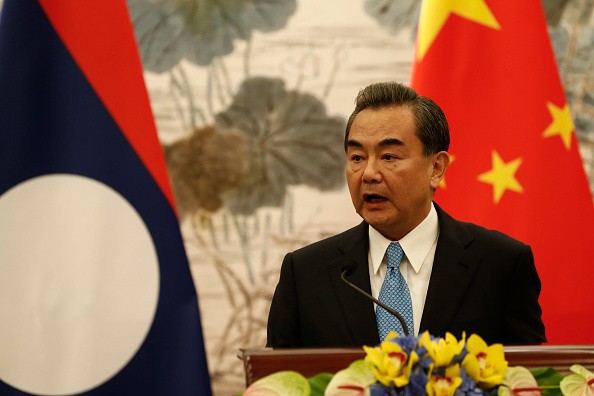China is ready to improve relations with the United States following the election of Donald Trump as the next U.S. president, Chinese Foreign Minister Wang Yi said on Sunday.
"We want to improve our relations under the Trump administration," Wang said through a translator at a news conference in Ankara, Turkey, where he was on an official visit. "We are ready to improve U.S. ties through mutual understanding."
There has been intense speculation over the impact of Trump's win on the relationship between China and the U.S., particularly on issues such as global trade, climate change, and security in the Asia-Pacific region.
It has also cast uncertainty into relations at a time when China hopes for stability as it faces daunting reform challenges at home, slowing growth and a leadership reshuffle than will put a new party elite around Xi in late 2017.
Trump has been highly critical of China during the presidential campaign, citing unfair trade deals with Beijing as causing a widespread decline in American manufacturing and economic prowess. He also pledged to impose 45 percent tariffs and label the country as a currency manipulator on his first day in office.
In response, the state-owned Global Times newspaper warned that should Trump slap China with heavy tariffs it would paralyze bilateral trade.
"When the time comes, large orders for Boeing planes would switch to Europe, U.S. auto sales in China would face setbacks, Apple phones would essentially be crowded out, and U.S. soybeans and corn would be eradicated from China," the paper said in a commentary.
"Trump, coming from a business background, is very astute. We do not believe he will treat China-U.S. trade so childishly."
Trump's criticism of U.S. allies, including Japan, for free-riding on U.S. security guarantees, has also deepened anxiety among Washington's allies about its commitment to post-war security arrangements in the face of a rising China and a volatile North Korea.



























